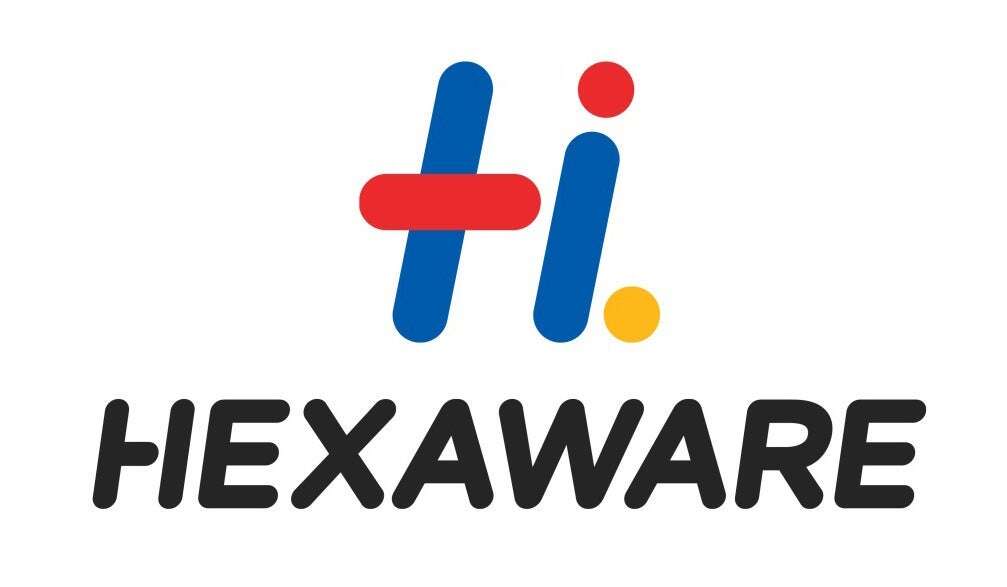
The New Statesman, for decades a crucible of intellectual and cultural thought leadership in the UK, starts out this week on a transformative journey. We at Hexaware couldn’t be prouder to support it as launch partners.
We are living through an era of extraordinary transformation. The pandemic slowed down our daily lives but accelerated innovation beyond the wildest forecasts. Everywhere, from the very front line of the fight against Covid-19 to the determined struggle to keep our economies going, shifts that many expected to take years, if not decades, have been attained in months.
Automation, cloud computing and contactless technologies went from providing a competitive edge to ensuring the very survival of businesses – and, quite literally, saving lives. Synchronicity and quality of customer experience became quintessential strategic drivers, with the growth of new, intuitive platforms overtaking established ones by storm.
Everyone knows what IT automation can do. It automates routine processes and helps to do a variety of tasks with greater agility, fewer resources and at a lesser cost. Click here to find out more about IT Automation: Identifying Concerns, Scripting the Strategy, Extracting Maximum ROI.

How an investment bank boosted its financial performance through automation
By Hexaware TechnologiesAnd this, indeed, is only the beginning of an ever-accelerating, ever-expanding transformation age. Even as this crisis subsides, there is every indication that the spur of creativity and invention will continue: new ways of researching, collaborating, paying and communicating have become part and parcel of our everyday, and they in turn inspire new ideas, open up new possibilities, and call for more innovation still. The growth engendered by the challenges we face is exponential.
Crises call on us to seek and pursue previously unimagined opportunities. But as opportunities multiply, so do the risks. We are more dependent on connectivity than ever before – and therefore more vulnerable to connectivity lapses and more hampered by infrastructure built for a more modestly digital age. We are more vested than ever in getting both digital information and physical products distributed as quickly as possible – but are also left with the risk of surging ambition overwhelming existing supply chains. And, with everything from automation to interpersonal communication now increasingly dependent on cloud computing, we are all much more directly vulnerable to hostile actors, whether motivated by malice or by greed.
There has never been more need for greater cyber literacy and more robust and universally accepted standards of best practice. Above all, there has never been a more pressing need for communal responsibility – all of us are accountable for keeping each other safe, online as much as offline, in cyberspace as much as we do in our real-life communities.
But our era isn’t just a call for solidarity: it is a call for leadership. This is true of politics, where leaders are now judged by how quickly, how candidly and how robustly they’ve stepped up to the challenge few had imagined they’d ever encounter. This is true of science, where courageous doctors and path-breaking researchers took the lead in developing, producing and distributing vaccines and medicines in record time. And this is true of business, where, across the field, the role of tech and digital is shifting from merely supporting companies’ ambitions to shaping them outright.
We are witnessing the birth of a new generation of thought leadership – one in which digital-first thinking isn’t just an advantage, but a prerequisite. Connectivity, cybersecurity, cloud computing, automation and AI are rapidly transforming from useful instruments to the very fields where businesses exist, operate and grow. CEOs who don’t make digitisation part and parcel of their companies’ growth plans will increasingly be supplanted by younger execs who rose through the ranks of information technology and AI innovation. At the same time, the demands from senior tech officers in companies will grow accordingly: no longer will it be enough to be an astute innovator and a native reader of the digital world – leadership qualities, managerial acumen and a propensity for building agile and dedicated teams will be as much in demand as any digital skillset. At Hexaware, we like to say that we create smiles through great people and technology; both these components are essential for our economies to thrive.
The evolution of this new generation of leaders will be inextricably linked to a robust exchange of ideas in our communities – across the fields of business, tech and beyond. Not every idea, concept and argument changes the world, but the possibility to test them against each other, to riff one idea off another, is what produces pivot points and guarantees sustainable, lasting change.
As anyone who’s ever been in a blue-sky meeting in any sector knows, not every idea works. But all ideas cross-pollinate, given a fertile enough ground and an open enough space to do so. This is where the magic happens. And this is why we are so proud to support the New Statesman’s transformation: not only because the magazine is stepping up to the challenge of a new era, and not only because it is putting renewed vigour into its digital presence. We are proud to support this relaunch because The New Statesman has long been a space where ideas are debated, examined, refashioned and refined; where award-winning reportage feeds into a robust intellectual debate, and intellectual debate offers new prisms through which to absorb the facts – new ways to look at the world as it is, and imagine the ways in which it could be better.
Whether as business people, tech innovators or simply as citizens of this planet we need more spaces like this – and Hexaware is delighted to be supporting this one.
Amrinder Singh is Executive Vice President (Europe Operations) at Hexaware.




